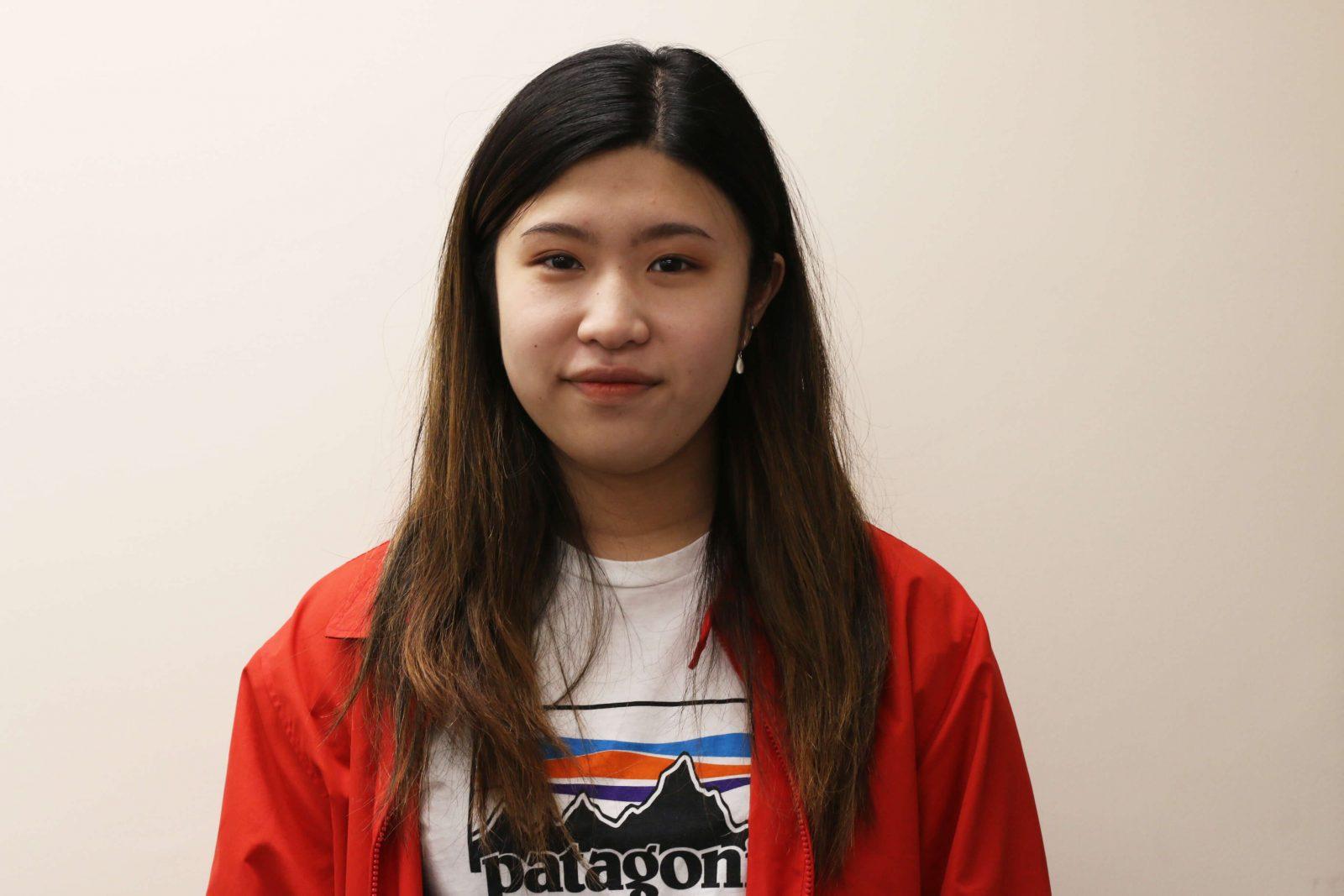I have talked a lot about the struggles that diasporic Asians face, but it’s time we initiate a discussion around how these binds metaphorically and literally shape a racialized body. There is a constant, unrelieved pressure to possess certain physical traits which have an astonishing amount of worth assigned to them to the point that Asian American women begin to weigh in on them in girlhood.
The importance of a thin female figure is a harmful pattern in many societies, but for those who are “in-between” cultures, there’s an unspoken burden of straddling multiple cultural lines. To resist markers of difference on a racialized body in order to fit in, we must conform to Western beauty standards. Yet we must also balance them against eastern beauty standards to feel accepted by our parents and relatives.
This process is incredibly disempowering. As Kalea Martin, a student at Mount Holyoke, said, “when you’re Asian in America, you find yourself in a lot of situations where you stand out. And when you’re surrounded by a bunch of people that don’t look like you, you’ll inevitably be heavily influenced by the beauty standards they set.” These patterns strip the individual of the ability to negotiate body-image on their own terms.
Though, I would be doing violence to the truth if I said that a white power structure was entirely to blame. Eastern beauty standards are just as demanding and bodies are constricted by traditional patriarchal structures.
Korean pop singers are the perfect case study for this. It is well-known that management companies oblige their singers to diet in preparation for debut or a new release; the rationale behind these otherwise unjust practices is the universal palatability and value of thinness — and the singers wholeheartedly accept this.
Their highly publicized, “new and improved” bodies become even more cause for concern when you consider that these singers are described as “idols.” The label’s air of superiority and aspiration elevates these young women and their thinness to the highest level of class and as a result, the value of thinness is artificially inflated.
One can imagine the repercussions of this for Asian-American women. We are already exposed to this body image by virtue of being a part of the community, but our understanding of thinness’ importance is further distorted by Korean pop’s explosive popularity in the U.S. Since it has been accepted by a multicultural society, the false universalness of the appeal of thinness is further perpetuated.
Additionally, both the East and West reify the stereotype that Asian women are naturally slim. For those of us that don’t fit neatly into that norm and internalize it, we are made to feel like freaks of nature. This alienation makes it difficult for Asian American women to situate ourselves into body-positive mentalities.
It leads to thoughts that, although not explicitly in tandem with eating disorders, create an entirely unhealthy relationship between food consumption and body image. If women feel they need to lose weight, many will begin right away by reducing portions, sometimes to dangerously small amounts. We feel as though we have no choice but to squeeze and contort our bodies into these increasingly narrow and unrealistic confines.
What begins as a dietary exercise can escalate into an eating disorder and an unsound relationship with food. We keep trying to force our diverse range of bodies into a supposedly natural size 00 which makes failures hit harder than they should. And for those of us that successfully diet and then participate in policing others’ bodies, we are participating in our peers’ oppression.
We are in an era of heightened body positivity and we ought to partake in it. I understand that we live in a world of thin privilege, but we don’t need to explain our bodies. It is our private domain; whatever you decide to look like ought to be your own choice.




















































































































